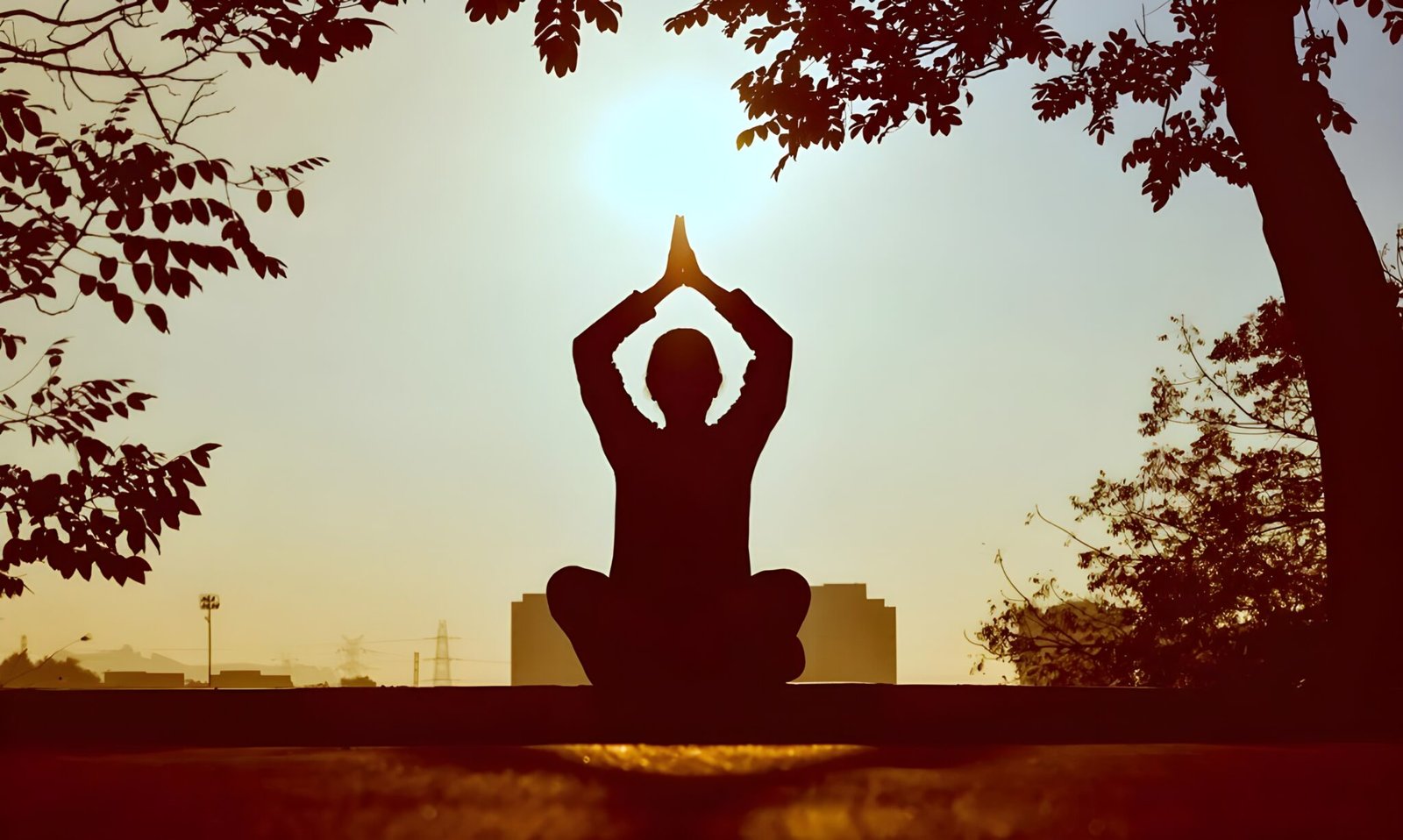Introduction
Meditation for beginners is a powerful tool for promoting mental well-being, reducing stress, and enhancing overall health. Whether you’re looking for inner peace, better focus, or stress relief, meditation offers a natural solution. In this guide, we’ll explore the benefits of meditation, simple techniques to get started, and essential tips for beginners.
What is Meditation?
Meditation is a practice where an individual uses techniques such as mindfulness, breathing exercises, or focused concentration to achieve a mentally clear, emotionally calm, and stable state. This ancient practice has roots in various spiritual traditions but is now widely recognized as a science-backed wellness tool. Meditation offers a moment of stillness in our hectic lives, allowing us to reconnect with ourselves.
Benefits of Meditation
Meditation has numerous benefits for both the mind and body. Below are some of the most commonly recognized benefits:
- Reduces Stress and Anxiety: Meditation can lower cortisol levels, the stress hormone, and activate the parasympathetic nervous system, promoting relaxation.
- Improves Mental Clarity and Focus: Regular practice enhances cognitive function, helping to increase attention and concentration. It allows you to maintain better focus throughout the day.
- Enhances Emotional Well-Being: Meditation teaches you to observe emotions without judgment, helping you manage negative emotions like anger, fear, and sadness. Over time, it leads to greater emotional stability.
- Promotes Better Sleep: Meditation techniques, especially relaxation exercises, support better sleep quality and can help reduce insomnia.
- Boosts Physical Health: Meditation has been linked to lower blood pressure, better heart health, and a stronger immune system, all of which contribute to overall physical well-being.
Types of Meditation Techniques
There are several types of meditation techniques, each offering a unique approach to mental clarity and relaxation:
- Mindfulness Meditation: This technique involves observing your thoughts and feelings without judgment, helping you stay in the present moment. It’s widely practiced and easy to incorporate into daily life.
- Guided Meditation: A narrator or teacher leads you through visualizations and relaxation exercises. This is a great option for beginners as it provides structured guidance.
- Transcendental Meditation (TM): TM involves the repetition of a mantra, or a specific word, sound, or phrase, to reach a deep state of relaxation and calmness.
- Body Scan Meditation: This technique focuses on mentally scanning your body for areas of tension and releasing it. It’s especially useful for reducing physical stress.
- Breath Awareness Meditation: This simple practice focuses on your breath, helping you center your mind and reduce distractions. It’s a great starting point for beginners.
How to Start Meditating (Step-by-Step Guide for Beginners)
Starting a meditation practice doesn’t have to be difficult. Follow these simple steps to begin your journey:
- Find a Quiet Space: Choose a calm, distraction-free environment where you can relax and focus without interruptions.
- Choose Your Posture: Sit on a chair, cushion, or mat with a straight back. Keep your body relaxed but upright.
- Set a Time Limit: Start with 5-10 minutes per session and gradually increase the duration as you become more comfortable.
- Focus on Your Breath: Pay attention to the natural rhythm of your breath, letting it flow without trying to control it.
- Observe Your Thoughts: As thoughts come and go, acknowledge them without attachment, gently returning your focus to your breath.
- End with Gratitude: Conclude your session by reflecting on one thing you’re grateful for, bringing positive energy to your practice.
Common Mistakes to Avoid
As with any new skill, there are common pitfalls to avoid:
- Expecting Perfection: It’s normal for your thoughts to wander. When this happens, gently bring your focus back to your breath without judgment.
- Overthinking the Process: Don’t complicate the practice with too many techniques. Keep it simple and focus on your breathing.
- Being Too Hard on Yourself: Progress takes time. Be patient with yourself and practice self-compassion as you develop your meditation habit.
Tips for Consistent Meditation Practice
Creating a consistent practice is key to experiencing the full benefits of meditation. Here are some tips to help you stay on track:
- Create a Routine: Meditate at the same time every day to build a habit. Consistency is key.
- Start Small: Begin with shorter sessions (5-10 minutes) to avoid feeling overwhelmed. As you get more comfortable, you can gradually increase the time.
- Use Apps or Online Resources: Apps like Headspace, Calm, and Insight Timer offer guided sessions for beginners and can be a helpful tool for staying motivated.
- Join a Class or Group: Practicing with others can provide accountability and motivation. You might also gain additional insights from experienced practitioners.
Meditation Myths Debunked
While meditation is widely practiced, there are still many misconceptions about it. Let’s address a few common myths:
- Myth 1: You need to clear your mind completely.
In reality, it’s perfectly normal for your mind to wander. The goal of meditation is not to stop all thoughts, but to observe them without attachment and gently bring your focus back. - Myth 2: Meditation takes too much time.
You don’t need to meditate for hours each day to experience benefits. Even a few minutes of meditation can have a positive impact on your stress levels and overall well-being. - Myth 3: Meditation is only for spiritual people.
While meditation has roots in spiritual traditions, it is not limited to any particular belief system. It is a practice that anyone can benefit from, regardless of their spiritual background.
FAQs About Meditation
- How long should I meditate as a beginner?
Start with 5-10 minutes per day and gradually increase the duration as you become more comfortable with the practice. - What’s the best time of day to meditate?
Morning and evening are ideal, but the best time to meditate is whenever it fits into your schedule. - Do I need a teacher to meditate?
No, you don’t need a teacher to meditate. However, beginner-friendly apps, videos, or classes can be helpful for those just starting out.
Conclusion
Meditation is a valuable tool for improving mental well-being, reducing stress, and enhancing focus. By practicing regularly, even for just a few minutes a day, you can experience significant improvements in both your emotional and physical health. With a bit of patience and consistency, meditation can become a transformative part of your daily routine.






